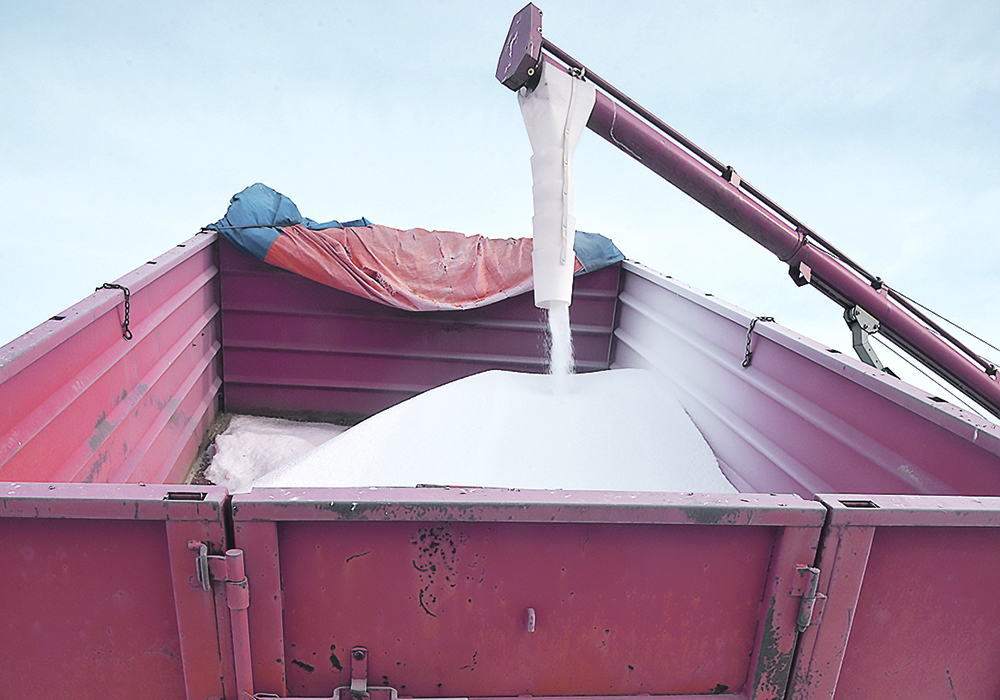The all-party agriculture committee in Ottawa has recommended against mandatory fertilizer emissions reductions.
The recommendation is among 22 in the recent report from the standing committee’s food security study, Feeding the World: Strengthening Canada’s Capacity to Respond to Global Food Insecurity.
Witnesses told the committee that even if the target to reduce emissions from fertilizer use by 30 percent from 2020 levels by 2030 is voluntary, it is another demand on producers at a time of uncertainty.
Read Also

New Alberta funding for program hopes to further unlock agritourism industry in province
Alberta Farm Fresh Producers Association is launching a new initiative thanks to $300,000 of provincial funding to bolster Alberta’s smaller scale family farms and agritourism sector.
The target was included in a December 2020 report outlining how the federal government intended to approach greenhouse gas reduction while sustaining economic growth.
Steve Webb, who heads the Global Institute for Food Security in Saskatoon, said there were unintended consequences of the target because it didn’t provide an accurate picture of what farmers have already done. Other witnesses said farmers have already decreased nitrogen fertilizer use and implemented best practices.
Tyler McCann, managing director of the Canadian Agri-Food Policy Institute, said governments were placing too many demands on food systems, the report noted.
He called for “a more explicit conversation about the trade-offs and unintended consequences of trying to use the food system to meet several objectives, including food security and environmental and economic goals. We are not heading in the right direction to be able to do it all, and we need a more fulsome dialogue on what that means.”
The agriculture committee recommendation asks the federal government to recognize that Canadian farmers lead the world in efficient fertilizer use “and that it not proceed with any mandatory fertilizer emissions reduction policy that would jeopardize farmers’ yields.”
It said the government should encourage farmers to adopt nutrient management practices such as the 4R program and look at opportunities to fund research into innovative fertilizer use.
Fertilizer Canada, responding to the report, said it was pleased to see the support for 4R.
“We strongly support the recommendation that the government keep emission targets voluntary to protect food security while incentivizing adopting of 4R practices,” it said.
The report also addressed supply chain concerns, saying Ottawa and the provinces should implement the actions recommended in the final report of the National Supply Chain Task Force.
This includes reducing bottlenecks that limit the flow of food and encouraging investment in rail systems to move goods at lower cost and with a smaller carbon footprint. The committee said the agriculture and transport departments should work together to ensure containers are available for both inputs and exports.
In the area of international assistance, the report said the government should increase its contribution to countries facing food crises, especially those that rely on imports from Ukraine or Russia.
















